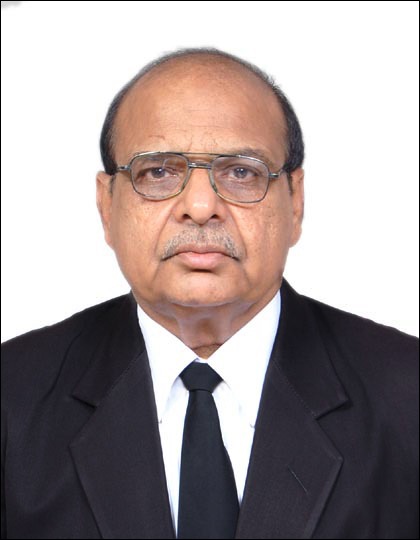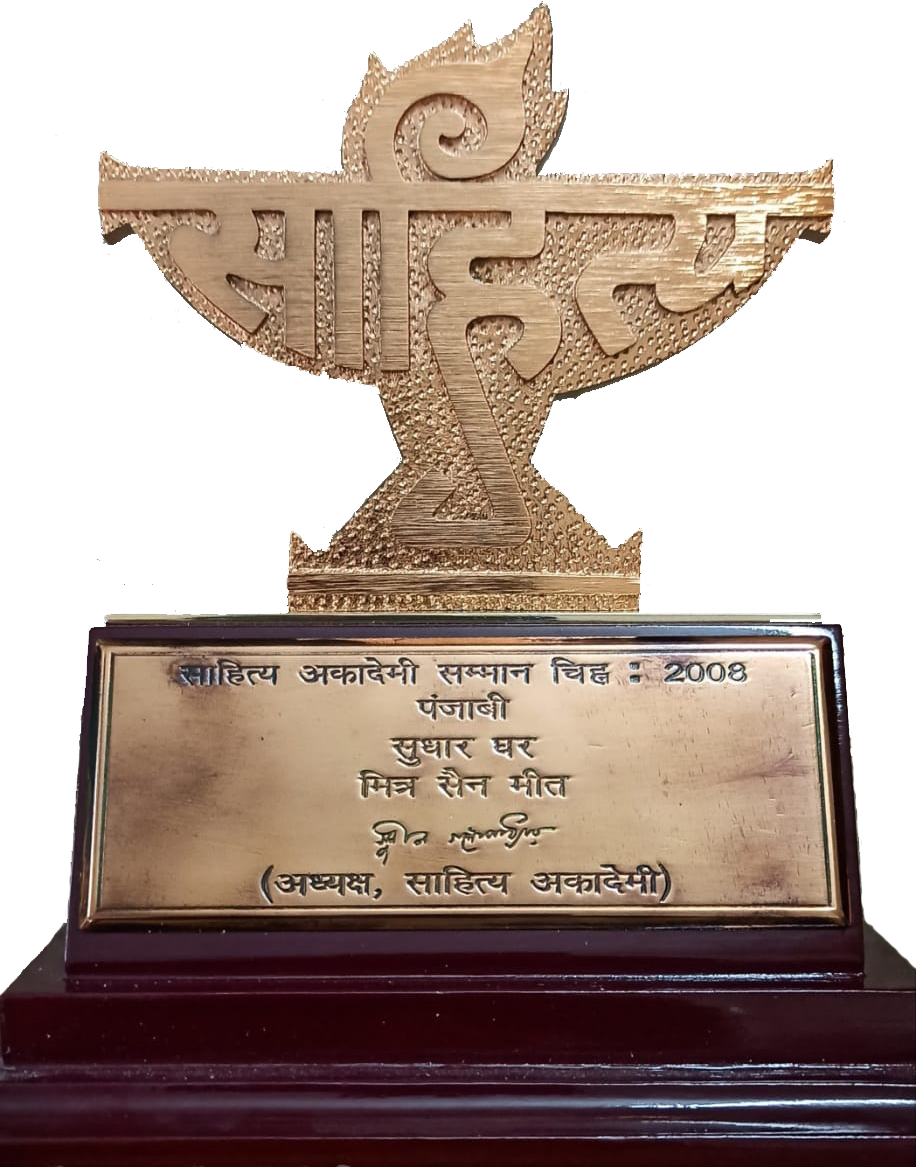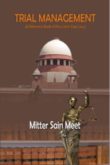Search of a Place
Relevant Provisoins of Law
- Section 165 : Search of place
- Section 166 : Search in the Area of other Police Station
Basic Principles of Law
- If an independent witness is not joined during search of a place, search does not become invalid.
- If searching officer does not inform the in-charge of the police station, such search does not become invalid.
Section 165 authorises the police officer to search any place to recover an incriminating thing or to arrest an accused. Section 165(4) imposes a duty upon the police officer to follow the general provisions as to searches contained in Section 100 of Cr.P.C., while conducting such searches. Section 100 of Cr.P.C. further imposes a duty upon the police officer to join to independent witnesses from the locality while conducting search in a place.
Section 166 of the Code deals with searches made outside the limits of the police station concerned. Sub-section (1) thereof enables the officer in charge of one police station to require the services of the officer-in-charge of another police station. It is optional on the former to do so. Sub-section (2) enjoins a duty on the latter to conduct the search on being so requisitioned by the former. It is evident from sub-section (3) that it permits an investigating officer belonging to one police station to search any place falling within the limits of another police station in certain exigencies. One such exigency is when there is possibility of delay in requisitioning the services of police personnel of another police station and such delay could defeat the very purpose of the search, and then the investigating officer can precede to that other place and conduct the raid or search by himself. However, when he does so he is obliged to conform to certain requirements as prescribed in sub-section (4). One is that he shall inform the officer in charge of the other police station and send him a copy of the list prepared by him in the search. Second is that he should send the copies of the search documents to the nearest Magistrate who has the competence to take cognizance of the offence.
- If an independent witness is not joined during search of a place, search does not become invalid
- If searching officer does not inform the in-charge of the police station, such search does not become invalid
In case Manish Dixit v/s State of Rajasthan 2001 Cri.L.J.133
Brief Facts of the case
A jeweller of Jaipur (Gulshan Makhija) was murdered on his way back home from his jewellery mart. He was abducted by two persons who intercepted the Ghpsy (Jeep) driven by him on the night of 23-2-1994 with bags of jewellery kept in the vehicle. The abductors came on a motorcycle and took the jeweller to some distance where he was shot dead. The assailants decamped with a big booty consisting of valuable jewellery.
There was one more person in the gypsy – a family friend by name Michael Hens (a German national who had a short sojourn at Jaipur as a tourist). He was jostled out of the gypsy before they abducted the deceased.
One of the accused Manish Dixit was absconding. The proceedings were taken against him under Sections 82 and 83 of the Code of Criminal Procedure were going on. As he was not traced out despite such steps he was published as a proclaimed offender. In July 1994 police got sleuth information that he was moving around in Delhi, and they made close watch to locate him. On 12-7-1994 they got some indication that he could be found at Alka Hotel in Connaught Place, New Delhi. The Investigating Officer made asudden raid at that place and caught him. A revolver (.455 bore – bawale- mark-4, bearing No. 93255) was recovered from his person along with some live cartridges.
Before conducting search the Investigating Officers made following efforts:-
- a) To join independent witnesses from the locality, but none agreed to join the search proceedings.
- b) To contact the in-charge of the police station of Cannaught Place. He could not be contacted. The Investigating Officer contacted the senior officer of the incharge of the police station and informed him regarding the search. That officer agreed to inform the police officer of the area police station. After completion of investigation, charge-sheet was filed against five accused. The Trial Court convicted two and acquitted three accused. In an appeal, the High
Court convicted Manish Dixit, petitioner and acquitted the other accused.
Feeling aggrieved, this accused filed an appeal in the Hon’ble Supreme Court.
Proceedings before the Hon’ble Supreme Court
Plea of the accused
One contention of the Defence Counsel was that recovery of revolver was invalidation of Sections 165 and 166(3) of Cr.P.C. Regarding Section 165, it was alleged that the place of search was a thickly populated place, even then no independent witness was joined to witness the search proceedings. Regarding Section 166(3), it was alleged that the Searching Officer has not informed the in-charge of the police station in the area of which research was to be made.
Questions of Law
- Whether non-joining of independent witness, despite the efforts of the Investigating Officer, renders the search invalid?
- Whether information to the senior officer of the in-charge of the concerned police station is compliance to the requirement of Section 166(3) of Cr.P.C.
Findings of the Hon’ble Supreme Court
The Hon’ble Supreme Court held that
- a) Non-joining of an independent witness at the time of search of a place does not render the search invalid.
While holding so, the Hon’ble Supreme Court observed as under:-
Para “22. True no independent witness has affixed signature on Ext. P-80 – Seizure Memo. The police officer said that they made an effort to secure at least two persons from Connaught Place but none was willing to be a witness. It is no surprise that any of the traders of Connaught Place would be unwilling to offer his service as a witness to any police action if he knew that he would have to bear all the sufferings thereafter, to give evidence in a Criminal Court, more so, when that Court would be at a far off place in a different State altogether. City people are quite conscious of such consequences and they would normally be wary to signify to such witnessing. The evidence of the police officer that nobody was willing to stand as a witness in Ext. P-80 cannot, therefore, be spurned down as improbable.”
The Hon’ble Supreme Court further held that
- b) Information to the senior officer of the in-charge of the police station where the place is to be searched is compliance to the requirement of Section 166(3).
Para “25. What is the basis of the argument that the aforesaid requirements have not been complied with in respect of the search made by the investigating officer at Alka Hotel in Connaught Place, New Delhi? PW 37 (Sanjay Aksetriya) the Circle Officer of the police station under whose leadership the raid was conducted at Alka Hotel has said in cross-examination that he had given the information to the higher officer of the area who agreed to inform the police officers of Delhi at their own level. There can be no grievance that a copy of the search has not been forwarded to the Court concerned.
- On the aforesaid reasons we do not find any merit in the contention that the search made at Alka Hotel was not in conformity either with Section 165 or Section 166 of the Code.”
Case Referred:-
Manish Dixit v/s State of Rajasthan 2001 Cri.L.J.133






More Stories
Investigation
First Information Report
Statement of Witness